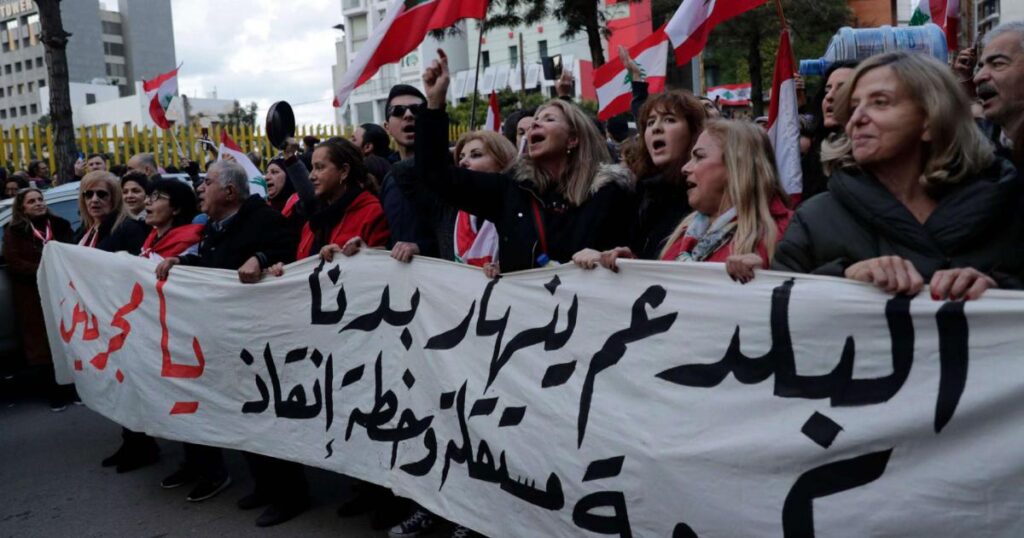Lebanon – On Tuesday, the vice president of the World Bank for the Middle East and North Africa, Farid Belhadj, announced that the bank is prepared to fund social and other programmes connected to food and agriculture with between $300 and $500 million. The Lebanese prime minister reported this on Twitter.
The World Bank’s financial assistance will be given in light of the financial and economic crisis that Lebanon is currently experiencing, while the Lebanese government strives to secure commitments from donor organisations like the International Monetary Fund.
The government’s strategy to recover the economy, which was decimated by a three-year financial crisis, would not be able to fully repay the cash of all depositors, according to Lebanese Deputy Prime Minister Sa’dah al-Shami on Monday.
Al-Shami is a recovery road map, which the Lebanese government authorised in May and which includes numerous steps needed to release rescue funding from the International Monetary Fund.
The Lebanese pound has lost more than 95% of its value, and more than 80% of Lebanon’s population is currently living below the poverty line. This finance, which is three billion dollars, intends to address one of the greatest financial disasters in more than a century.
Speaking to the local TV station (LBCI), Shami stated that not all depositors may be saved by the state’s effort to close a 72 billion dollar hole in the financial system.
He said that a fund financed by the Central Bank and commercial banks would be used to repay the deposits of accounts with more than $100,000. No other information was provided.
According to Al-Shami, the total amount of government reserves for foreign currencies, including gold, is at most between $25 and $30 billion.
Auditing in the status of foreign currency with the central bank, including its gold reserves, is one of the conditions of the International Monetary Fund to obtain rescue funds.
Although commentators believe that the International Monetary Fund has concerns about both, Lebanon recently passed a modified version of the Law of the Banking Secret and the late 2022 budget, signalling some movement toward the remaining requirements.
Al-Shami stated that he anticipates that the majority of banks won’t have any issues repaying depositors’ money or going through a restructuring.
In addition to the financial collapse, a political crisis is also waving on the horizon of Lebanon, as the mandate of President Michel Aoun will end within a week and there is a division between parliamentarians over those who succeed him.
Observers are concerned that the government may lack constitutional authority to sign a final agreement with the International Monetary Fund because the cabinet has already operated as a business drain government.
Al-Shami told the LBCI channel that Lebanon will continue to be able to present the advancements it makes to the International Monetary Fund Board of Directors for consideration and approval to grant it rescue funds, but it is unsure if the final agreement with the fund needs the president’s approval.
The World Bank will provide Lebanon with up to $500 million in funding.

